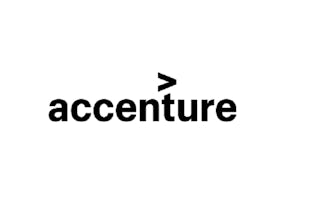Welcome to the course standardisation and technology!
Do you already know what standards are? Could you image a world without standards? It is certainly not easy to visualize a world without standards and the huge importance of standards is often underestimated in our society. That is because such a vast amount are common to us and have been for ages. We don’t even realise they are standards anymore. We are excited to see you join and explore the world of standards that goes unnoticed by so many! First we visit historic examples of standards and see that even Before Christ standards were ever present. But since then standards have grown and evolved alongside societies and we need to discuss the fundamentals of standards and standard setting. Nowadays technology is rapidly advancing and standards play an ever increasing role. Have you ever wondered what happens under the hood of your mobile phone? How are we able to orchestrate something so huge as the internet without technical agreements and protocols, without standards? We take a look at the organisations that develop and maintain these standards and even take a brief glimpse in the future of this ever evolving field! Each week video lectures and reading material according to the bibliography in in the introduction will be provided. Practice tests will help you to prepare for the graded assessment at the end of each week. Good luck and we hope you enjoy the course!















